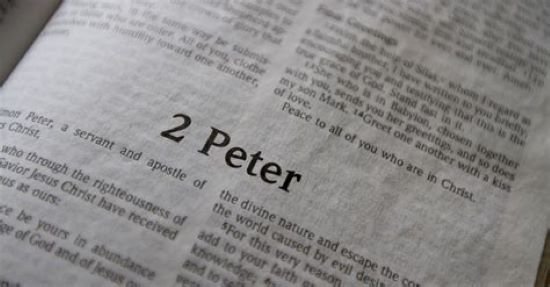“Here They Come!”
In the first three verses of chapter two of his Second Epistle, Peter warns the churches that false teachers will arise throughout the course of the age and disrupt the church. They will do so until Jesus comes back a second time–which is, ironically, a doctrine which the false teachers denied. According to Peter’s warning, false teachers and false prophets will arise within the churches and secretly introduce destructive heresies, utter false prophecies, and speak blasphemies against God. Peter warns us that their motives are sinister–because of their greed, false teachers and prophets seek to exploit the people of God. The apostle tells us that these false teachers and prophets are like the angels who rebelled against God in the days before the great flood. They are like those evil men who mocked Noah as he built the ark. They are like the inhabitants of Sodom and Gomorrah–men who lived to gratify the lusts of the flesh. Such false teachers and prophets will say and do anything to exploit the people of God. But their ultimate destruction is as sure as is the prophetic word (Scripture) given by God.
Peter Does Not Hold Back
In the last half of the second chapter of 2 Peter 2, Peter describes these individuals in the harshest of terms. The reason why Peter can speak so harshly when referring to them is the damage these people do is not slight. They disrupt the peace of the churches. They despise Christ’s authority and his word. They place their own made-up prophecies above the authority of Scripture. They seduce others so as to steal their chastity, their money, and their reputations. The methods and attitudes of these false teachers and prophets are so callous and deceitful that Peter can say of them that it would have been better for them to have never known the way of the truth, than to turn their backs upon Jesus (the master, who they claim “bought” them), while seeking to abuse and exploit Christ’s sheep. Peter minces no words when describing these people, their shameful ways, and their inevitable destruction.
To read the rest, follow the link below
Read More

